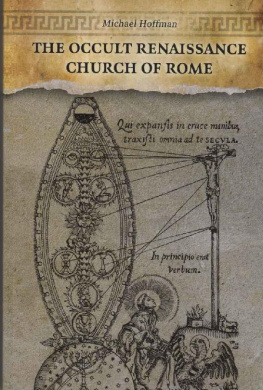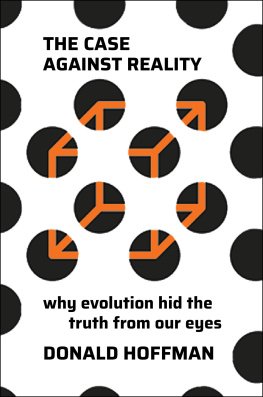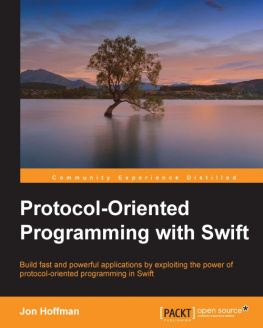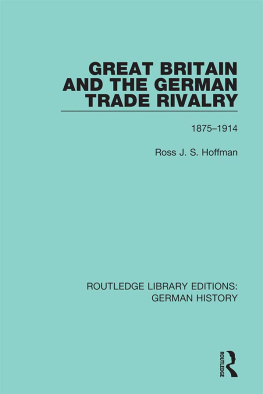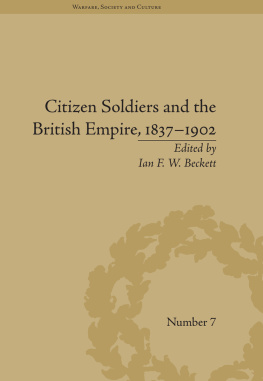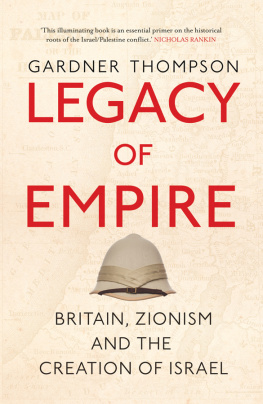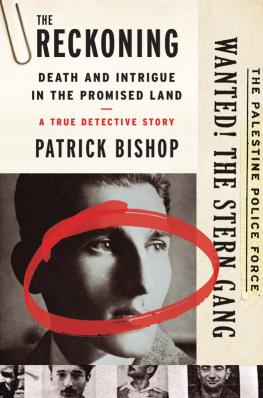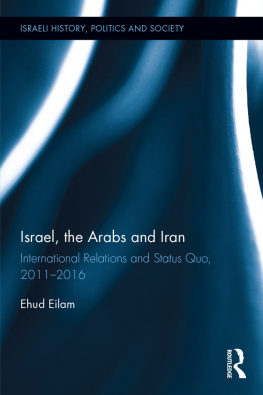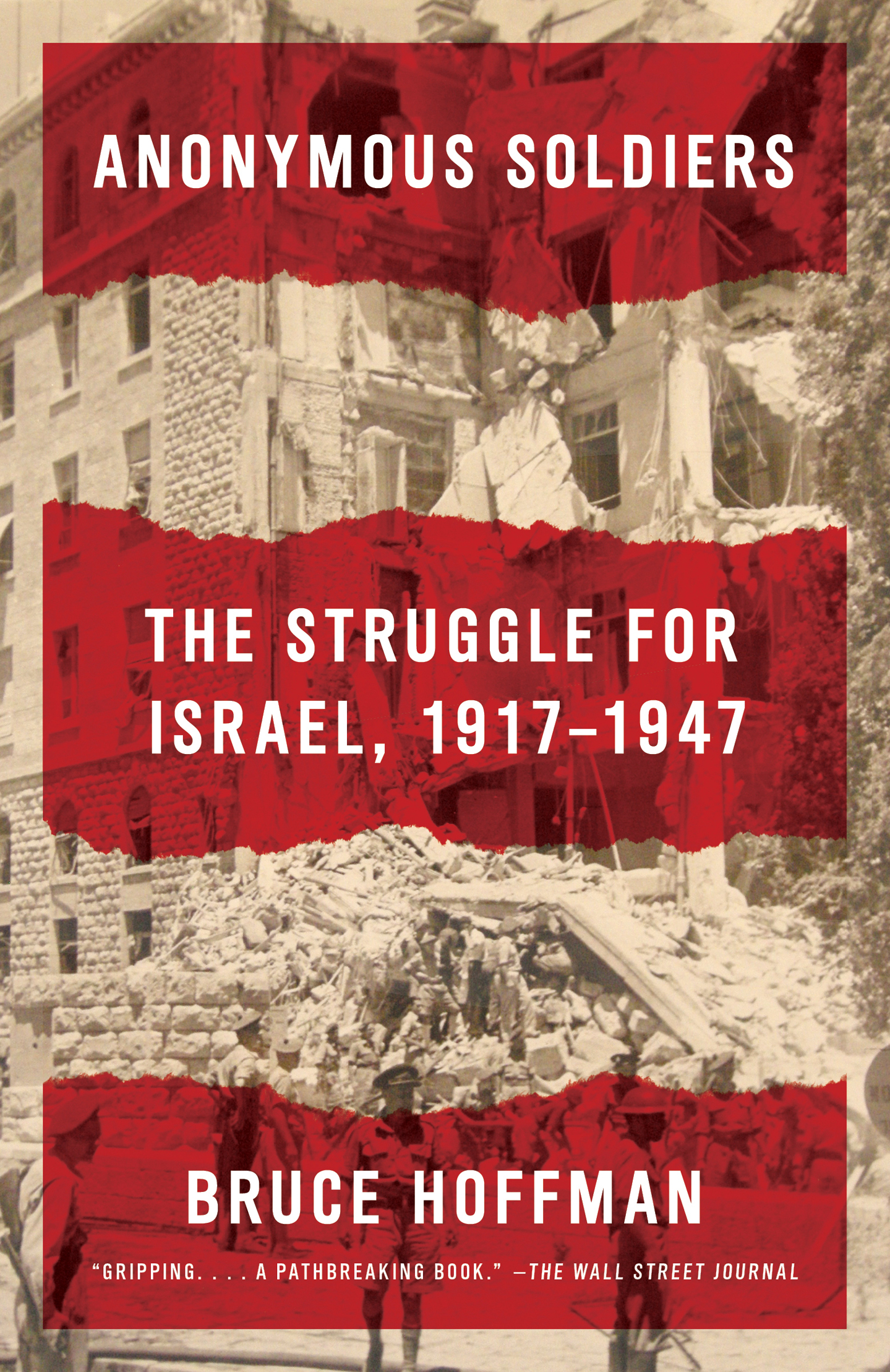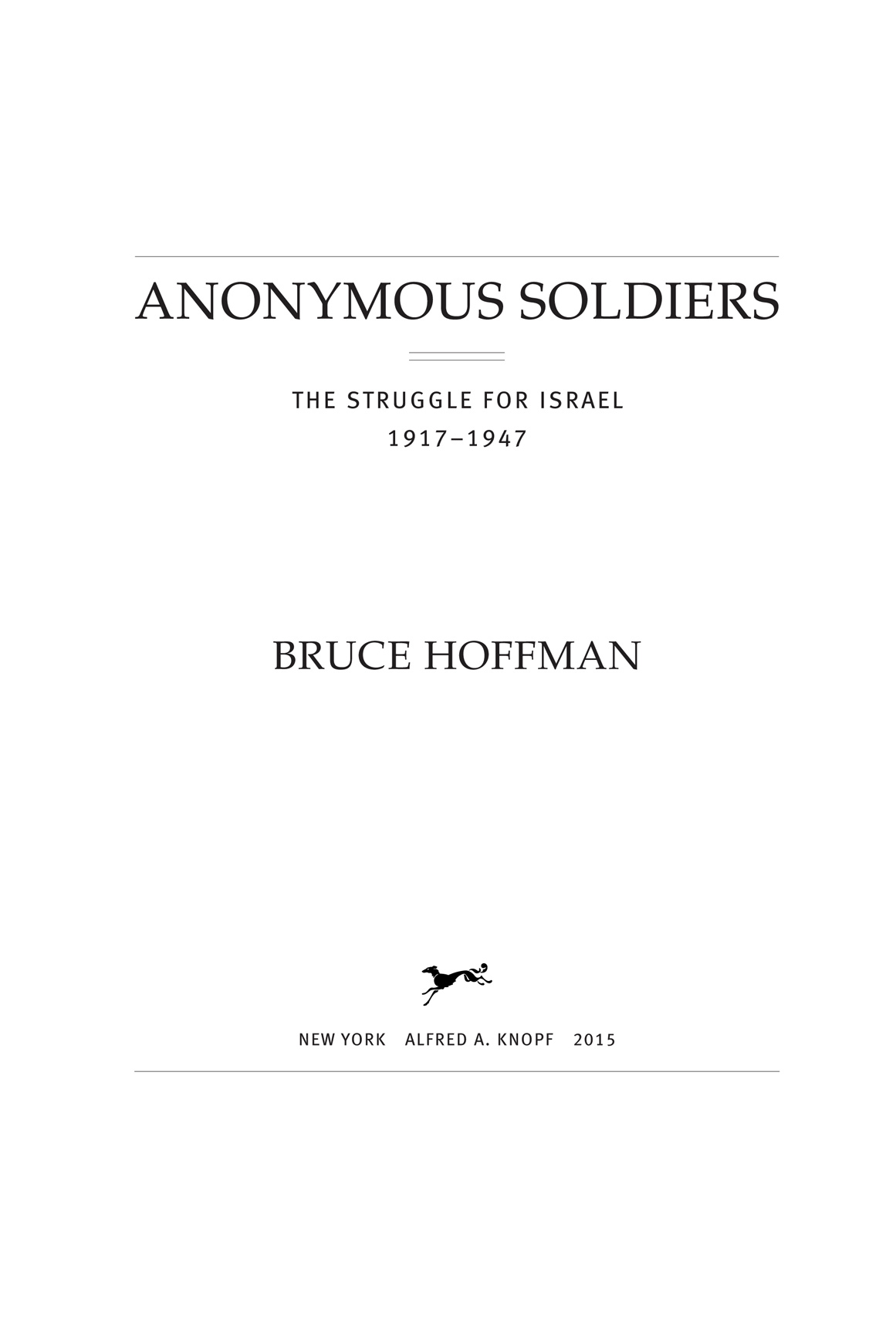THIS IS A BORZOI BOOK
PUBLISHED BY ALFRED A. KNOPF
Copyright 2015 by Bruce Hoffman
Map copyright David Lindroth Inc.
All rights reserved. Published in the United States by Alfred A. Knopf, a division of Random House LLC, New York, and distributed in Canada by Random House of Canada Limited, Toronto, Penguin Random House companies.
www.aaknopf.com
Knopf, Borzoi Books, and the colophon are registered trademarks of Random House LLC.
Library of Congress Cataloging-in-Publication Data
Hoffman, Bruce, [date] author.
Anonymous soldiers : the struggle for Israel, 19171947 /
Bruce Hoffman.
pages; cm
This is a Borzoi book.
ISBN 978-0-307-59471-6 (hardcover);
ISBN 978-1-101-87466-0 (eBook)
1. PalestinePolitics and government19171948.
2. CounterinsurgencyPalestineHistory20th century.
3. PalestineHistory19171948.
4. World War, 19391945Palestine.
5. ZionismPalestineHistory20th century.
I. Title.
DS126.H634 2015 956.9404dc23 2014018177
Cover design by Stephanie Ross
Cover image: Ruined wing of the King David Hotel, Jerusalem, July 24, 1946 Imperial War Museums (E 31975)
v3.1_r2
For you again, D.
And, this time for M., N., S., and A., too.
Also, in memoriam: David Hoffman, 19212009
Preface
Does
Terrorists can never win outright, Prime Minister
Scholars have made similarly sweeping claims. The Nobel laureate
Yet if terrorism is so ineffective, why has it persisted for at least the past It is necessarily incomplete because individual motivations are only one side of a coin that also must address organizational dimensions and imperatives and the collective mind-set that they reflect.
Hence, much as statesmen and scholars may trumpet terrorisms ineffectuality, it is nonetheless widely accepted that terrorist violence is neither irrational nor desperate but instead entirely rational and often carefully calculated and choreographed. Terrorism is thus consciously embraced by its practitioners as a deliberate instrument of warfare, a pragmatic decision derived from a discernibly logical process. As the doyenne of terrorist studies,
Terrorisms posited ineffectiveness as a coercive strategyconfined to a handful of case studies or to infrequent and entirely sui generis successesthus hardly squares with the terrorists own fervent and abiding faith in the efficacy of their violence, its intractable persistence over the course of history, or indeed the disproportionate influence that even a small number of well-known victories has had in inspiring imitation and emulation by successive generations of terrorists.
In other words, the handful of supposed exceptions may be far more important and far more compelling than the perceived rule. And even if terrorisms power to dramatically change the course of history along the lines of the September 11, 2001, attacks has been mercifully infrequent, terrorisms ability to act as a catalyst for wider conflagration or systemic political change appears historically undeniable. The assassination of the
The list goes on: Rhodesia is now Zimbabwe; the U.S. Marines soon departed Lebanon; Sinn Fins Martin McGuinness, a former PIRA terrorist, has been the deputy first minister of Northern Ireland since 2007; and that same year Israel freed five of its imprisoned terrorists in exchange for the bodies of two kidnapped Israeli sergeants. Hezbollahs significant role in Lebanon further challenges arguments about terrorisms strategic futility. Indeed, neither Sinn Fin nor Hezbollah could ever have acquired the power, influence, and status both enjoy today if not for its terrorist antecedents.
The political violence that plagued Palestine when it was ruled by Great Britain presents an ideal case with which to examine and assess terrorisms power to influence government policy and decision making. Prior to 1948, the land that eventually became the Jewish state of Israel was administered by Britain under the terms of the mandate awarded it in 1922 by the League of Nations. Charged with preparing this territory for eventual independence, Britain was regularly subjected to violent pressure by both Arab and Jew alike. Arab rioting and attendant anti-Jewish violence and terrorism during the 1920s led to more widespread insurrection in the late 1930s. Then, during the 1940s, two Jewish terrorist organizationsthe Irgun Zvai Leumi (National Military Organization) and the Lohamei Herut Yisrael (Fighters for the Freedom of Israel), known to Jews by its Hebrew acronym, Lehi, and to the British as the Stern Gangarose to challenge Britains rule over Palestine.
The terrorist campaigns waged by both these organizations, it should be emphasized, were only one facet of a broader confrontation that dominated Anglo-Zionist relations throughout the mandates final decade. Palestines Jewish community and Britain came into conflict over a number of issues involving the rights of Jewsimmigration to Palestine; the purchase of land and construction of settlements; the acquisition, importation, and storage of weapons; the organization and training of civilian self-defense forcesand, most fundamentally, over Palestines political future. The struggle for Jewish statehood employed almost every means possible: diplomacy, negotiation, lobbying, civil disobedience, propaganda, information operations, armed resistance, and terrorist violence.
But the Palestine case is especially valuable in understanding the impact that terrorism can have on government policy and decision making. The Jewish terrorist campaign was arguably the first postWorld War II war of national liberation to clearly recognize the publicity value inherent in terrorism; the violence was often choreographed for an audience far beyond the immediate geographic locus of the terrorists struggle. The lessons with respect to government policy responses and tactical countermeasures are equally profound. Modern Western nations fear of foreign terrorist infiltration and radicalization of an indigenous minority population, for instance, echoes concerns sixty years ago about the spread of Jewish terrorist activities from Palestine to Britain and Europe.
Many of the security challenges that Britain subsequently encountered in Malaya, Cyprus, and Kenya during the 1950s and in Northern Ireland throughout the closing decades of the twentieth century and that the United States and Britain together have faced in Iraq and Afghanistan since 2001 were also present in Palestine throughout the period of British rule. Highly professional military forces, in some cases flushed with recent hard-fought victories on conventional battlefields, were perplexed by their failure to swiftly suppress and ultimately defeat numerically inferior, poorly armed, enigmatic adversaries. They chafed at highly restrictive rules of engagement in densely populated urban areas and often had grave difficulties in obtaining the cooperation of the local population. Intelligence collection and analysis were similarly frustrating and often inadequate; policing was largely accorded a low priority, and consequently training was poor and personnel numbers deficient; proficiency with local languages was frequently a problem; and civil-military relations were strained and coordination fractured.




